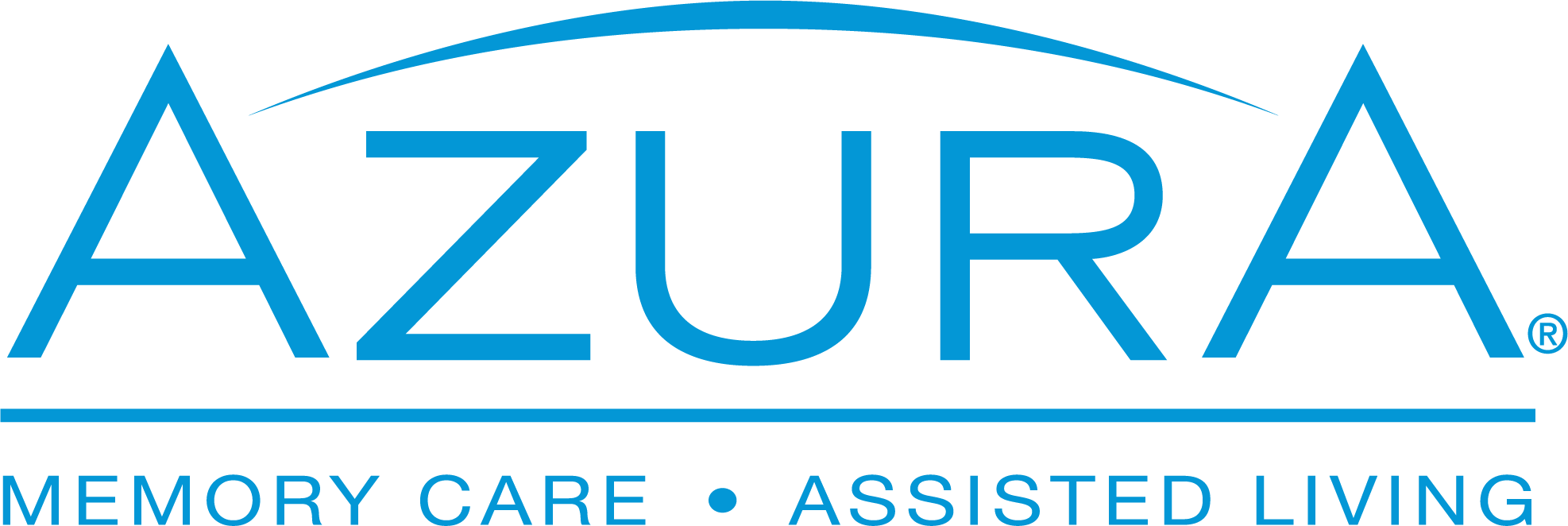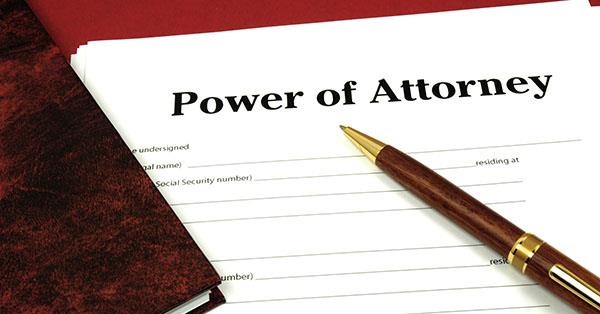It can be difficult to notice changes in a parent’s health or independence. Maybe your mother has been diagnosed with dementia, or your father is recently widowed and struggling with daily tasks. You may see bills piling up, home repairs going unfinished, or difficulties with driving. These changes can signal that it’s time to start planning for additional support.
Preparing early gives your parent a voice in their own future. One of the most important steps in this planning process is establishing a Power of Attorney (POA).
What Is a Power of Attorney?
A Power of Attorney is a legal document that allows a trusted individual — often a spouse, adult child, or close friend — to make decisions on behalf of someone who can no longer make those decisions independently.
A POA ensures that your parent’s wishes are respected regarding:
- Medical treatment and health care decisions
- Financial management and bill paying
- Real estate or property matters
- Legal decisions
The person chosen to act on behalf of your parent is called the agent or attorney-in-fact.
Healthcare vs. Financial POA
There are generally two main types of Power of Attorney documents — one for health care and one for finances. It’s important to know that they serve different purposes.
Power of Attorney for Health Care (POA-HC)
This document allows your parent to choose someone to make medical decisions on their behalf if they are ever unable to make those decisions on their own. This includes decisions about treatments, hospital care, living arrangements, and end-of-life choices.
In Wisconsin, the POA-HC covers a broader range of decisions than a Living Will (Source: UW Health).
Financial Power of Attorney
This document gives someone the authority to manage financial matters, such as paying bills, managing bank accounts, filing taxes, or handling real estate. Depending on how it’s written, a financial POA can take effect immediately or only when your parent cannot manage these matters themselves.
Important for Wisconsin Residents:
These two POAs must be drafted as separate legal documents. One cannot serve both roles. (Source: Moertl, Wilkins & Campbell, S.C.)
When Should You Set Up a Power of Attorney?
Earlier is better.
If your parent has recently been diagnosed with dementia or another progressive illness, the Alzheimer’s Association recommends speaking with an elder law attorney as soon as possible, while your parents are still able to participate in decision-making.
Creating a POA early provides:
- Peace of mind — your parent’s wishes are documented and respected.
- Reduced family stress — avoids confusion or disagreement between relatives.
- Clear guidance — avoids court involvement or guardianship proceedings later.
How Is a Power of Attorney Activated?
Many POA documents do not go into effect immediately. Instead, they include language specifying when the agent is allowed to step in.
Often, activation requires a written statement confirming that the individual is unable to make their own decisions. Depending on the document and state laws, this may require:
- Two physicians,
- One physician and a psychologist, or
- One physician and a licensed clinical social worker.
In Wisconsin, 2019 Wisconsin Act 90 expanded which professional providers may determine incapacity for activating a POA-HC (Source: Anderson O’Brien, LLP).
Once Activated:
The chosen agent is authorized to make the specific decisions outlined in the document (health, financial, or both).
If I Sign a POA, Can I Still Make My Own Decisions?
Yes. Signing a POA does not remove your independence.
Your agent may only act after you are determined unable to make decisions for yourself. Until then, you remain fully in charge of your own medical, legal, and financial choices.
Working with an Elder Law Attorney
Every state has unique requirements, wording considerations, and signing rules. A lawyer familiar with elder law and long-term care planning can help ensure documents are valid and reflect your parent’s wishes.
An elder law attorney can also help with:
- Estate planning or creating a will
- Paying for long-term care
- Medicaid and Medicare guidance
- Trusts and future financial protection strategies
Establishing a Power of Attorney is not just a legal step — it’s an act of care. It ensures your parent’s voice is heard, even when they need support. Starting the conversation early helps everyone feel more confident and prepared.

